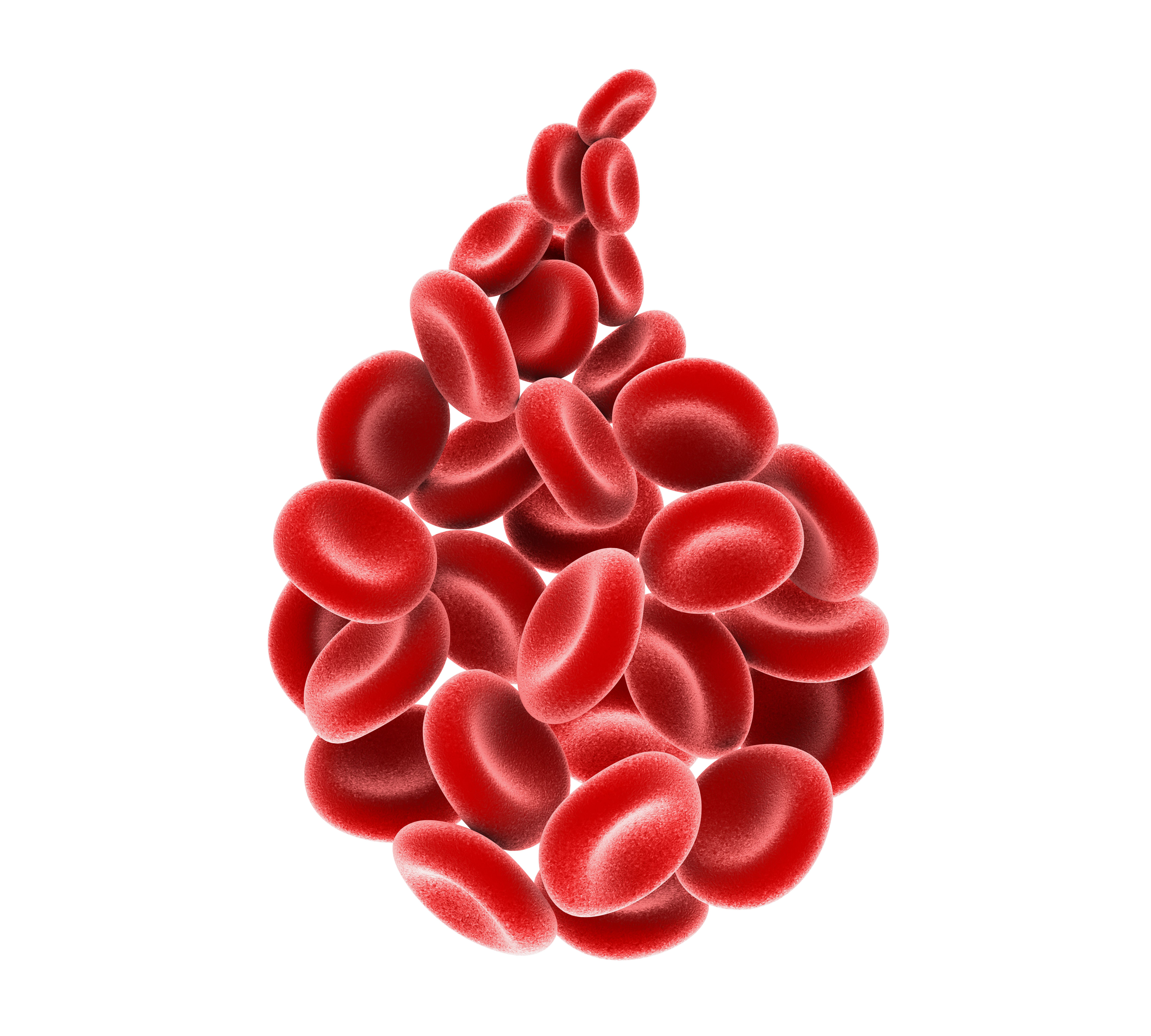Study of Ruxolitinib Pre and Post HSCT for Myelofibrosis Currently Recruiting
The study is currently recruiting in 5 states and aims to determine if ruxolitinib affects GvHD rates in patients received HSCT for the treatment of myelofibrosis.

A phase 2 study of ruxolitinib (Jakafi) before, during, or after hematopoietic stem cell transplantation (HSCT) for the treatment of primary or secondary myelofibrosis is currently recruiting across 5 states.
Ruxolitinib, a tyrosine kinase inhibitor of JAK2, has been known to lower rates of graft versus host disease (GvHD). GvHD is complication of HSCT transplantation, typically occurring within 1 week to 3 months after the procedure.
The study (NCT03427866) has a target enrollment of 54 participants. The primary end point is GvHD free and relapse-free survival at 1 year. Secondary end points include progression-free survival, overall survival. Cumulative incidence of acute and chronic GvHD, rate of engraftment, median time on ruxolitinib post HSCT, and toxicity rate.
The study will be composed of 2 different cohorts. Cohort 1 will be composed of patients who are eligible for ruxolitinib therapy before transplant. Patients in this cohort will receive their first dose of ruxolitinib between 2 and 6 months before HSCT. Cohort 2 will be made up of patients not eligible for ruxolitinib before HSCT. Patients in this cohort will receive their first dose 1 week before the conditioning period. During each arm, patients will receive ruxolitinib orally twice a day, with a new cycle every 28 days. There will be no breaks between cycles.
In order to participate in the study, patients must have a confirmed diagnosis of myelofibrosis, intermediate/high-risk disease, be between 18 and 75 years of age, be designated to undergo HSCT, an ECOG performance status of ≤2, life expectancy of greater than 3 months, able to give informed consent, and must be off all of myelofibrosis therapy at the time of enrollment, with the exception of ruxolitinib.
Patients with hypersensitivity to any JAK inhibitor, have received prior allogeneic transplant for any hematopoietic disorder, have accelerated phase or leukemic transformation, active uncontrolled infection, a history of another malignancy within 50years of date, without normal organ function, a current or history of congestive heart failure, pregnancy at the time of enrollment, unable to give informed consent, or are unable to take oral medication are not eligible to participate.
Currently, the study is recruiting in Massachusetts, Missouri, New York, Ohio, and Tennessee.








